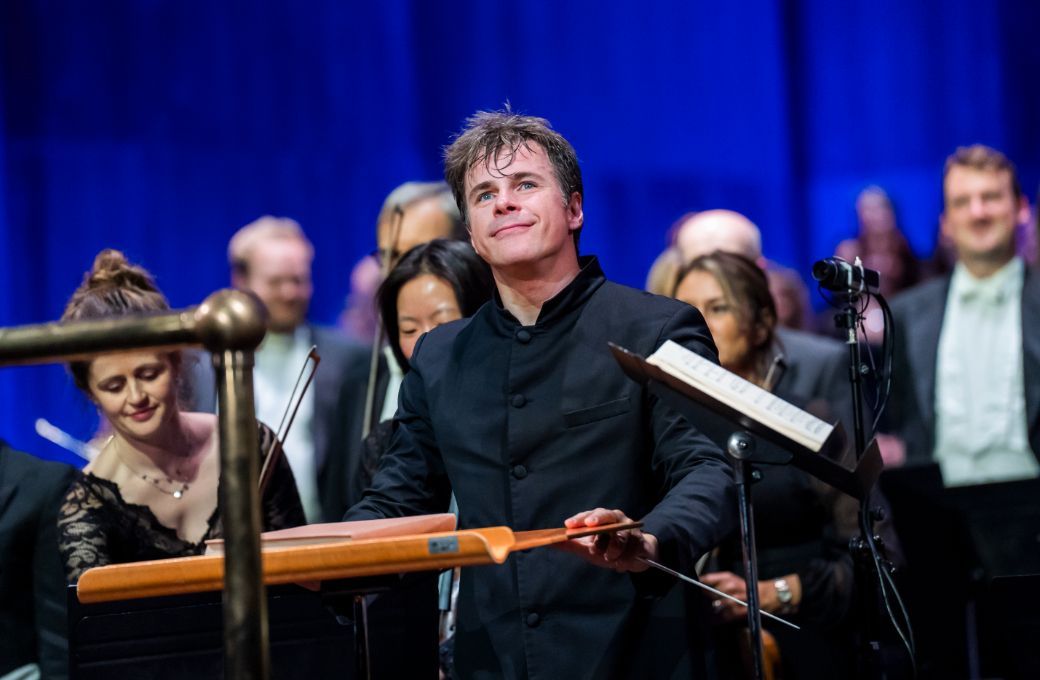Jakub Hrůša, the new Music Director of The Royal Opera, took the podium with authority, leading the Orchestra and Chorus of the Royal Opera House through a programme of Central European repertoire. While his expertise and command were evident, the very choice of works, combined with their live execution, ultimately exposed the evening’s unevenness and left the performance feeling, at times, frustrating.

The concert opened with Bartók’s Suite from The Miraculous Mandarin, a score teeming with lurid urban drama. Hrůša’s conducting was focused and theatrical, guiding the orchestra through a dazzling soundscape: low strings creating shadowy undertones, woodwinds and brass layering tense motifs, and percussion driving a cold, relentless pulse that immediately drew the audience into the seductive and violent world. Unfortunately the house’s acoustic somewhat dampened Bartók’s urban menace, with the overall sound feeling dry and boxed-in, the brass in particular lacking brilliance and projection.
The second half, devoted entirely to Dvořák’s The Spectre’s Bride, presented greater problems. On paper, the piece offers a powerful folktale with rich symbolic potential: a young bride lured by a ghostly lover on a terrifying nocturnal journey. In practice, however, Dvořák’s 70-minute oratorio feels long-winded and old-fashioned, with too many predictable 19th-century gestures. Even with a hundred players in the pit and another hundred voices on stage, the music rarely generated psychological intensity.
This is no fault of the performers, who tried their best. The Royal Opera Chorus sang with discipline, stamina and impressive tonal cohesion, navigating with clarity and a sense of dramatic awareness. The orchestra, for its part, played with conviction, responding to Hrůša’s precise and expressive gestures with tight ensemble work, particularly in the more intricate passages.
Among the soloists, soprano Kateřina Kněžíková shone, her voice clear and warm, effortlessly capturing the heroine’s vibration between innocence and terror, while her phrasing revealed a subtle emotional depth that gave life to otherwise static passages. Baritone Pavol Kubáň provided solid, reliable support, his timbre rich and well-projected, adding gravitas to the darker moments. Tenor Nicky Spence, stepping in at short notice for the indisposed Pavel Černoch, rose admirably to the challenge: with expressive nuance, managing the dramatic arc of the score convincingly and blending smoothly with both chorus and orchestra.
While the concert showed the players’ skill and dedication, the execution of repertoire never truly persuaded. As Sviatoslav Richter once could make even Dvořák’s Piano Concerto sound like a work of gravity, tonight’s performance did not manage to lift The Spectre’s Bride into something gripping. It largely remained a worthy but unengaging exercise, leaving the audience caught between respect and restlessness.


